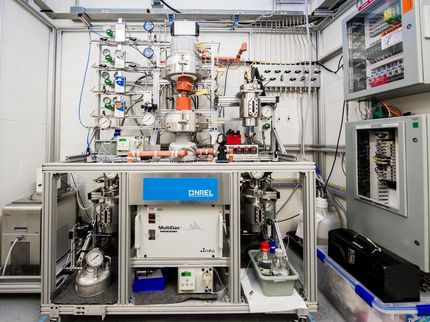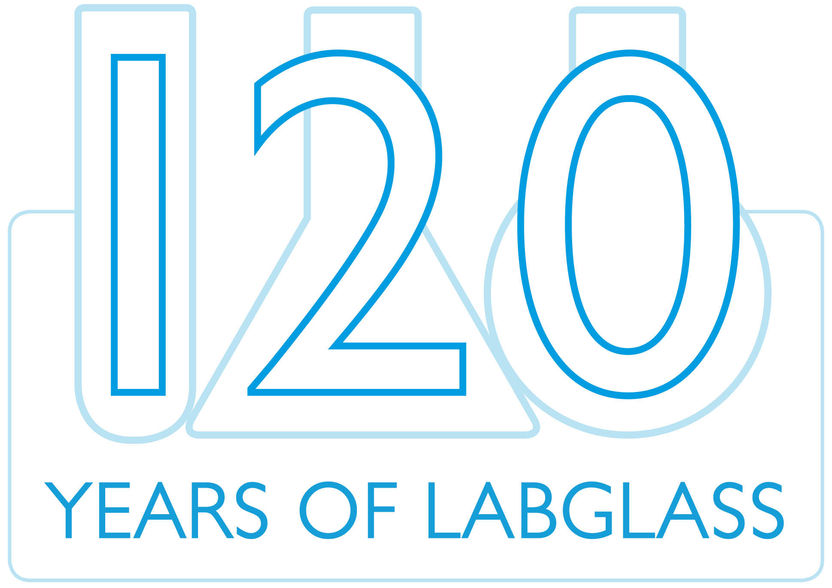New process derives 'green gasoline' from plant sugars
Advertisement
Alternative energy doesn't always mean solar or wind power. In fact, the alternative fuels developed by University of Wisconsin-Madison chemical and biological engineering professor James Dumesic look a lot like the gasoline and diesel fuel used in vehicles today. That's because the new fuels are identical at the molecular level to their petroleum-based counterparts. The only difference is where they come from.
Funded by the National Science Foundation and the U.S. Department of Energy, Dumesic and his team have developed a process that creates transportation fuels from plant material. The paper, published in Science, explains how they convert sugar into molecules that can be efficiently "upgraded" into gasoline, diesel and jet fuel.
"Domestically, there are large amounts of lignocellulose available that are not being used effectively for energy," says Dumesic. "This work is a step along the way to making it practical to use biomass as fuel."
Lignocellulose refers to nonedible sources of biomass, which is biological material that can be converted into fuel. Instead of relying on corn as a source of energy, Dumesic notes that the goal of researchers in the field of "cellulosic ethanol" is to turn the carbohydrates, or sugars, from agricultural waste, corn stovers (leaves and stalks), switchgrass and forest residue into ethanol. Dumesic now suggests that instead of converting the water-soluble sugars derived from cellulose to ethanol, it may be better to convert these sugars to gasoline, diesel and jet fuels via this process.
The process of converting sugar into fuel begins by adding a solid catalyst to an aqueous solution, leading to the formation of an organic oil-like solution floating on top of the water. The oil layer, which is easily transportable, contains molecules of acids, alcohols, ketones and cyclics, which Dumesic calls "functional intermediates." These molecules are the precursors to fuel.
Unlike petroleum, plant sugars contain equal numbers of carbon and oxygen atoms, making it difficult to create high-octane or cetane fuels. The solution is to remove almost all the oxygen atoms, leaving only a few to keep the molecules reactive. The reactive molecules then can then be "upgraded" into different forms of fuel, and Dumesic's team has demonstrated three such upgrading processes.
"This is the same fuel we're currently using, just from a different source," says Dumesic. "It's not something that burns like it — it is it."
Most read news
Topics
Organizations
Other news from the department science

Get the chemical industry in your inbox
By submitting this form you agree that LUMITOS AG will send you the newsletter(s) selected above by email. Your data will not be passed on to third parties. Your data will be stored and processed in accordance with our data protection regulations. LUMITOS may contact you by email for the purpose of advertising or market and opinion surveys. You can revoke your consent at any time without giving reasons to LUMITOS AG, Ernst-Augustin-Str. 2, 12489 Berlin, Germany or by e-mail at revoke@lumitos.com with effect for the future. In addition, each email contains a link to unsubscribe from the corresponding newsletter.






























































